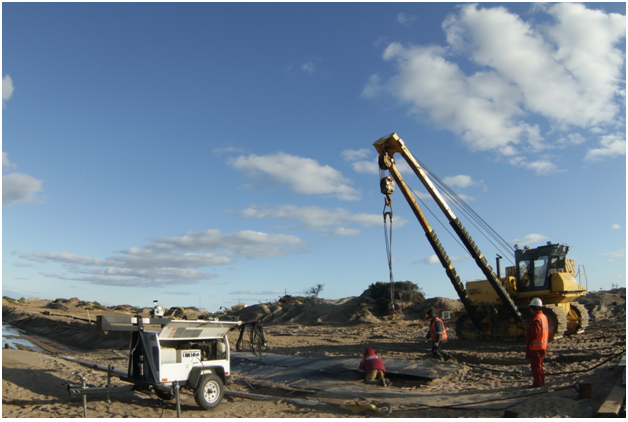
The construction industry is undergoing dynamic changes as new business insights continuously shape its future landscape. From pre-engineered metal buildings to tower crane rentals, various aspects are evolving to meet the demands of modern infrastructure needs. Key trends and forecasts reveal the growth and transformation that continue to define the construction sector.
Emergence of Pre-Engineered Metal Buildings
Pre-engineered metal buildings (PEMBs) are increasingly becoming a vital component of modern construction. Known for their versatility and speed of assembly, PEMBs cater to both commercial and residential infrastructure needs. Businesses are leaning towards these structures due to their cost-effectiveness and flexibility, resulting in rapid market growth. The US market for pre-engineered metal buildings is on a trajectory of significant expansion. As per a GlobeNewsWire report, this market is projected to reach approximately $21.03 billion by 2030. This surge underscores a growing business preference for quicker, durable, and more efficient building solutions.
Investment in such innovative building methods underscores a shift towards eco-friendly and resource-conserving practices in construction. Companies are increasingly conscious of sustainability and are turning to PEMBs as a viable solution. This trend represents the broader transformation within business strategies to adopt environmentally responsible practices.
Role of Cranes in Modern Construction Projects
Cranes play an indispensable role in construction, facilitating the material transport essential for large-scale projects. The demand for crane rental services is rising, reflecting the intensification of multi-story developments. As urbanization accelerates, the construction industry increasingly relies on cranes for efficiency and safety.
A significant portion of crane usage is attributed to residential and mixed-use developments. Recent statistics from The New York Times indicate that 73% of all cranes counted are allocated to such projects. This trend highlights a business focus on new housing developments, driven by a surge in urban population growth and housing demand.
The prevalence of cranes in construction signifies an upward trajectory for tower crane rentals. This segment of the market is pivotal as construction firms aim to streamline operations and maximize site productivity. The growing need for tower cranes is a critical factor in advancing construction capabilities and enhancing project efficiency.
Growth Prospects for Tower Crane Rentals
The tower crane rental market is set to experience robust growth within the next decade. As urban landscapes continue to expand, the need for efficient and reliable equipment presses prominently on contractors’ agendas. Businesses in the construction sector are increasingly favoring rental solutions to maintain financial flexibility and operational efficiency.
Projections by Market Research Future anticipate an annual growth rate of 5.64% for the U.S. tower crane rental market from 2025 to 2035. Such growth is indicative of the escalating demand across developing metropolitan areas and innovative construction projects. The strategy of renting over purchasing aligns with modern business models focused on minimizing capital expenditure while optimizing resource utilization.
The dependency on rented cranes ensures that companies have access to the latest technology without the burden of ownership costs. This rental model supports seamless upgrades to equipment and accommodates the evolving scale and scope of construction projects. Overall, it is a reflection of strategic industry adaptations to remain competitive in a dynamic marketplace.
The future of construction is intricately linked with the integration of business insights that drive efficiency, sustainability, and innovation. New methodologies and advanced technologies are reshaping how construction projects are conceptualized and executed. The industry’s trajectory is marked by an embrace of modern solutions such as pre-engineered metal buildings and versatile equipment rentals.
Businesses that adapt to these evolving trends position themselves for success in a market that values rapid execution and durability. The emphasis on pre-engineered solutions and the growing reliance on crane rentals exemplify this shift towards flexible, sustainable construction practices. The construction sector appears poised for a future characterized by intelligent design and strategic resource management.
As cities grow and infrastructure demands expand, the adaptability of the construction industry will remain crucial. Businesses that capitalize on these trends stand to significantly influence the built environment’s transformation. Therefore, staying informed about market developments and integrating innovative practices will be essential for continued success in this vital industry.

